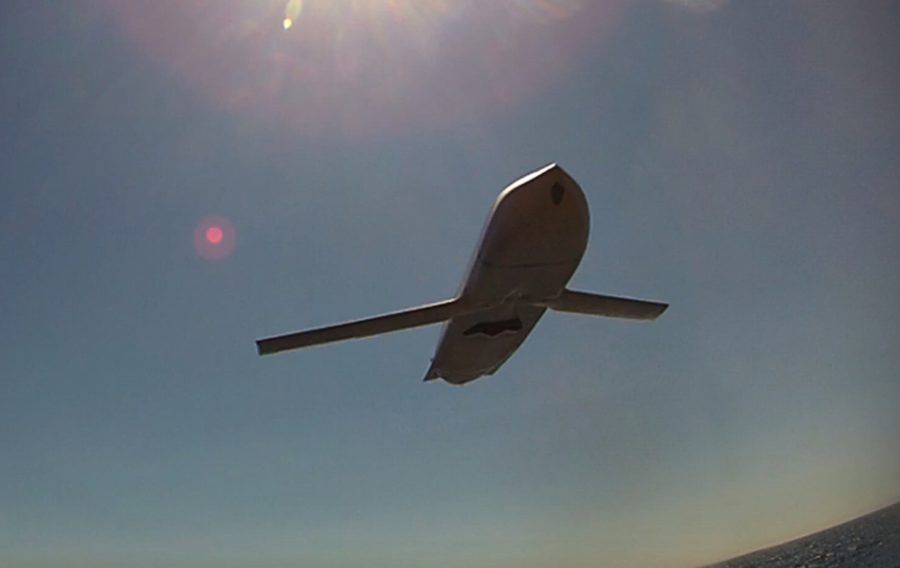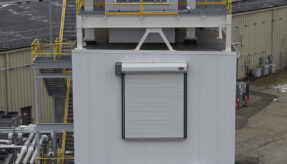
Lockheed Martin has successfully carried out the first-ever launch of the Long Range Anti-Ship Missile (LRASM) surface-launch variant from a topside canister.
LRASM is a precision-guided anti-ship missile that builds on the successful JASSM-ER air launch weapons and is designed to meet the demands of U.S. Navy and Air Force warfighters in a robust contested environment.
By incorporating LRASM onto surface ships, distributed operations are enabled beyond enemy threat ranges. Along with the VLS launch capability of LRASM, this topside canister with an angled launcher allows the LRASM surface-launch variant to be employed aboard various platforms in the Navy’s surface fleet.
The flight test was carried out at White Sands Missile Range, New Mexico, demonstrating the missile’s capacity to perform an angled launch from the newly designed topside canister, replicating a ship-launched environment.
During the test, the LRASM, its Mk-114 booster and booster adapter ejected cleanly from the topside launcher using the same launch control and launch sequencer software currently employed by the Mk-41 Vertical Launch System (VLS).
Scott Callaway, Subsonic Cruise Missile Director at Lockheed Martin Missiles and Fire Control, said: “This successful flight test demonstrates Lockheed Martin’s readiness to answer the U.S. Navy’s call for lethal, longer range anti-surface warfare capabilities as part of the ‘Distributed Lethality’ concept.
“This test also validates the flexibility and versatility of LRASM, as it proved it can be successfully fired from VLS and non-VLS surface platforms.”
If you would like to join our community and read more articles like this then please click here
Lockheed Martin Long Range Anti-Ship Missile LRASM Vertical Launch System







